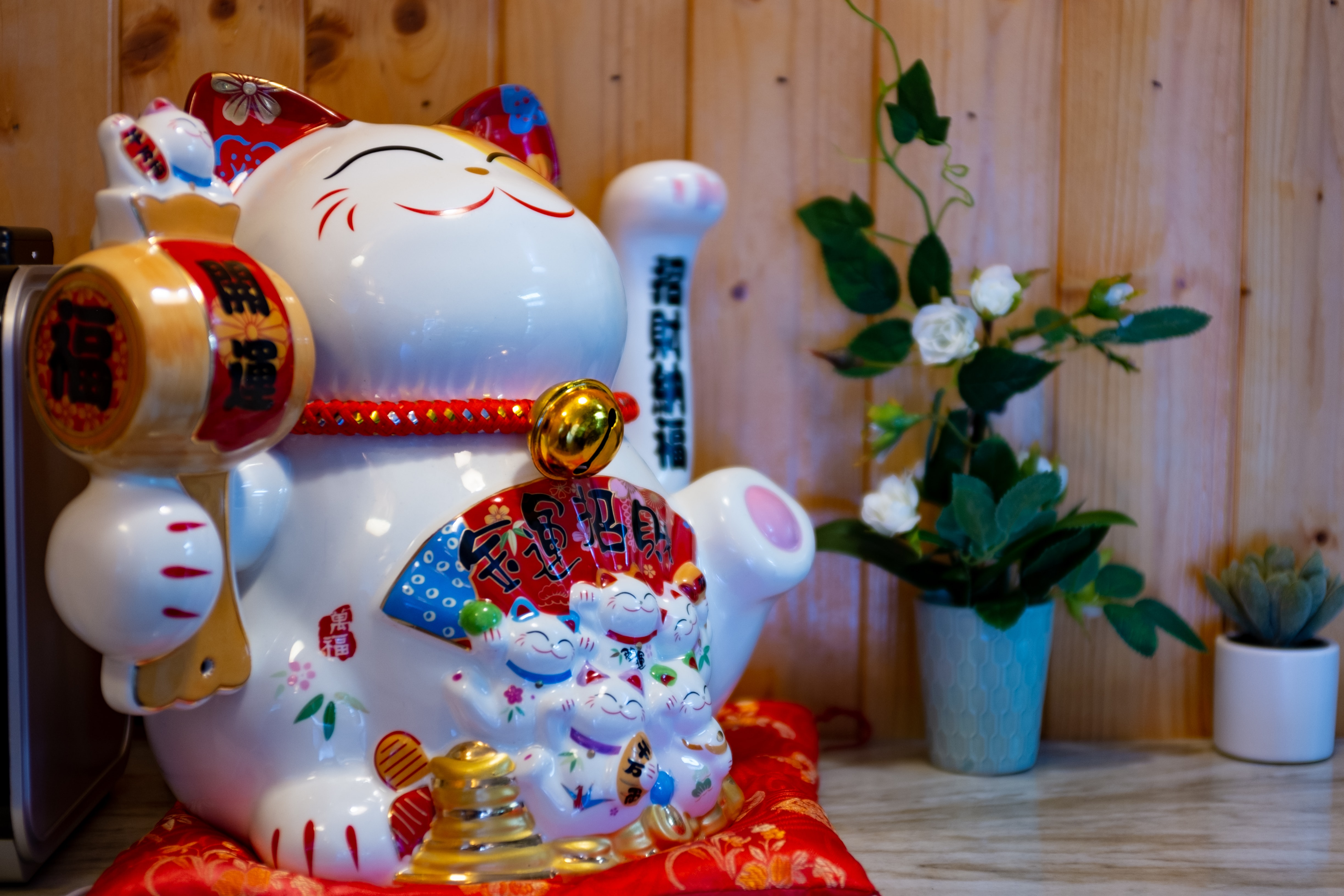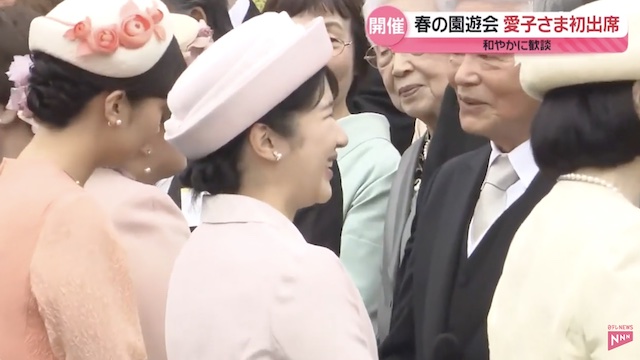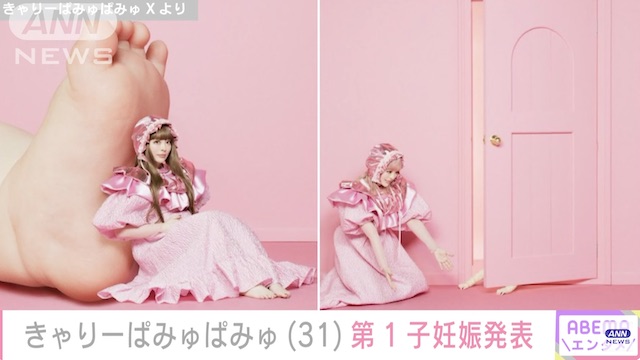Jul 21 (newsonjapan.com) - Pachinko is a traditional Japanese game that looks very much like a pinball machine.
It's a game that involves gambling, although in small amounts. It's so widespread and rooted in Japanese culture that it enjoys its own legal loophole. This article will talk about this national tradition.
The Origins
Several sources claim that the game was invented in Japan in the early 1900s. However, pachinko is remarkably similar to Corinthian Bagatelle, which was brought from Chicago in 1924. By then, it was called "pachi-pachi" because of the sound the ball makes.
It's like a vertical pinball machine, using the exact mechanism to propel the ball. Yet, it's very different from the Western game. In pachinko, the ball is also the bet and prize. The player chooses how many balls to bet before the game starts. The board is full of pins, which can alter the ball's trajectory. There are also small cups, called "catchers", which players must hit to win different prizes.
Pachinko vs. Pachisuro
Pachisuro, or Pachislot, is the Japanese name for Western slot machines. Pachiruso machines are pretty successful in the country, although it's a more recent trend. They can be found in the same parlors, as well as in arcade shops, casinos, and online platforms such as Duelz Casino.
How Does the Gambling Part Work?
Gambling for money is generally forbidden in Japan. There are exceptions, but the regulation is unclear and outdated. Still, pachinko manages to stay out of the legal turmoil. Why? It's because the machine doesn't reward players directly with money.
The machines are located in pachinko parlors. When players get lucky, the parlors don't reward them with cash. Instead, the parlor offers more balls or exchanges them for "special prizes". Those prizes can't be exchanged for money in other parlors. Yet, it's not allowed to trade them in the same place the player won them.
A Tradition Going Online
It doesn't matter whether pachinko is inspired by an American game or a Japanese-born entertainment. The fact is that it's embedded in Japanese society and shows no sign of aging. Currently, this game generates massive revenue. It surpasses New Zealand's GDP and doubles the digits of Japan's car exports. Believe it or not, its revenue is 30 times Las Vegas gambling revenue.

Despite its tradition and massive revenue potential, the fact is that pachinko parlors are in decline. From all active parlors in 2005, only one-third of them still operate. In parallel, casino laws are getting more flexible in the country. Land-based and online casinos are gaining ground, and that's where pachinko players are migrating to. Nowadays, it's possible to find digital versions of the game in online casinos.
Conclusion
Old-fashioned parlors are struggling to attract younger audiences to the game, a drama that slot machines know all too well. Newer generations don't seem interested in games where skill is a minor factor. Besides, new casinos and online versions are disputing a space where once the parlors enjoyed a monopoly.
Anyway, this century-old game still has loads of fans, jaw-dropping revenue figures, and it doesn't seem to go out of fashion anytime soon.









